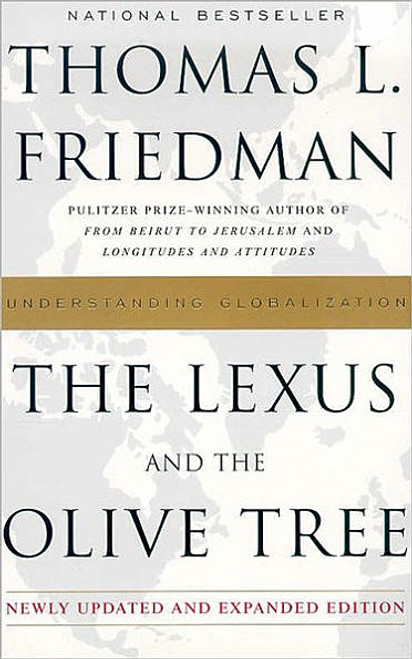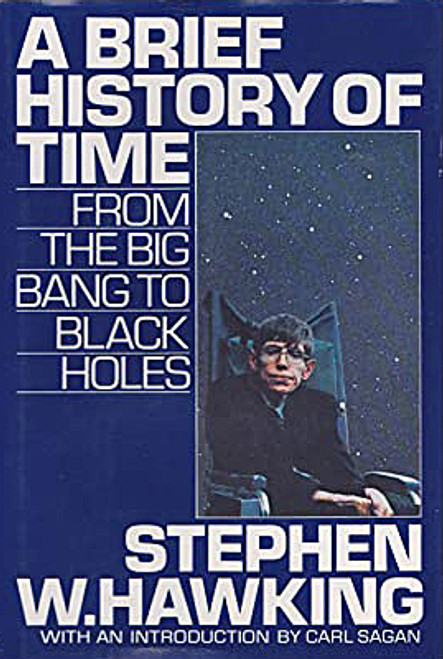In the ten years since its publication in 1988, Stephen Hawking's classic work has become a landmark volume in scientific writing, with more than nine million copies in forty languages sold worldwide. That edition was on the cutting edge of what was then known about the origins and nature of the universe. But the intervening years have seen extraordinary advances in the technology of observing both the micro- and the macrocosmic worlds. These observations have confirmed many of Professor Hawking's theoretical predictions in the first edition of his book, including the recent discoveries of the Cosmic Background Explorer satellite (COBE), which probed back in time to within 300,000 years of the universe's beginning and revealed wrinkles in the fabric of space-time that he had projected. Eager to bring to his original text the new knowledge revealed by these observations, as well as his own recent research, Professor Hawking has prepared a new introduction to the book, written an entirely new chapter on wormholes and time travel, and updated the chapters throughout.
A Brief History of Time has expertly guided nonscientists everywhere in the ongoing search fro the tantalizing secrets at the heart of time and space. This edition makes vividly clear why Professor Hawking's eloquent classic has transformed our view of the universe.
Editorial Reviews
"[Hawking] can explain the complexities of cosmological physics with an engaging combination of clarity and wit....His is a brain of extraordinary power.” —The New York Review of Books
"Charming and lucid...[A book of] sunny brilliance." —The New Yorker
"This book marries a child's wonder to a genius's intellect. We journey into Hawking's universe while marveling at his mind." —The Sunday Times [London]
"Lively and provocative...Mr. Hawking clearly possesses a natural teacher's gifts: easy, good-natured humor and an ability to illustrate highly complex propositions with analogies plucked from daily life." —The New York Times
About the Author
Stephen Hawking, who was born on the anniversary of Galileo's death in 1942, holds Isaac Newton's chair as Lucasian Professor of Mathematics at the University of Cambridge. Widely regarded as the most brilliant theoretical physicist since Einstein, he is also the author of Black Holes and Baby Universes, a collection of essays published in 1993, as well as numerous scientific papers and books. Hawking recently passed away in March 14, 2018 at the age of 76 which also happened to be on the same day when Albert Einstein was born.







